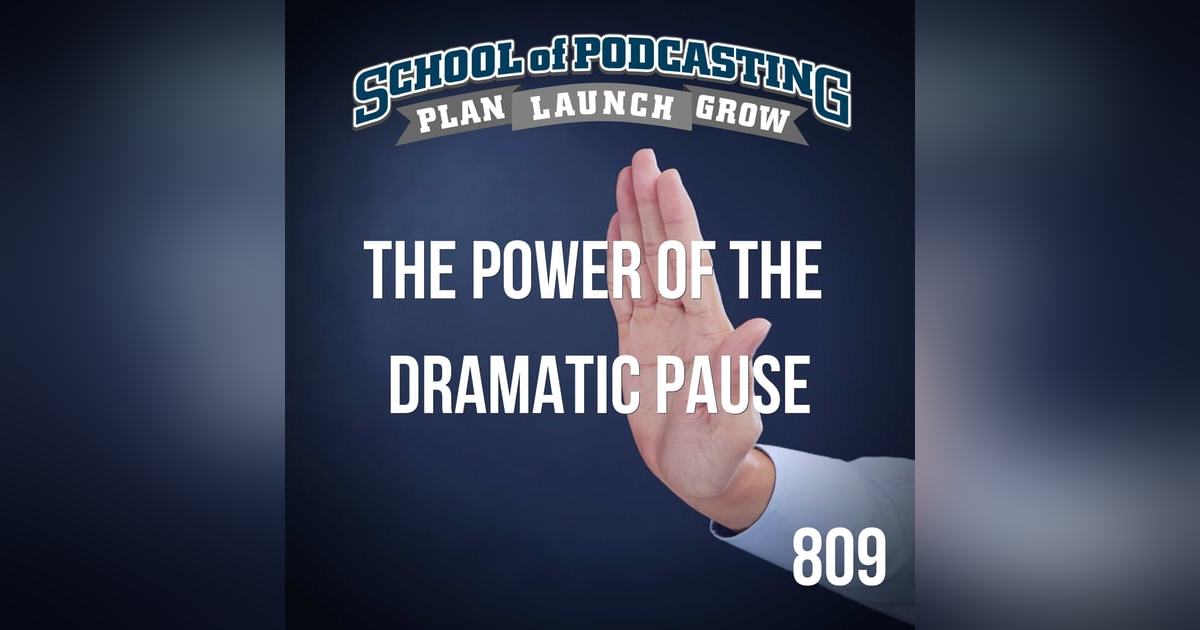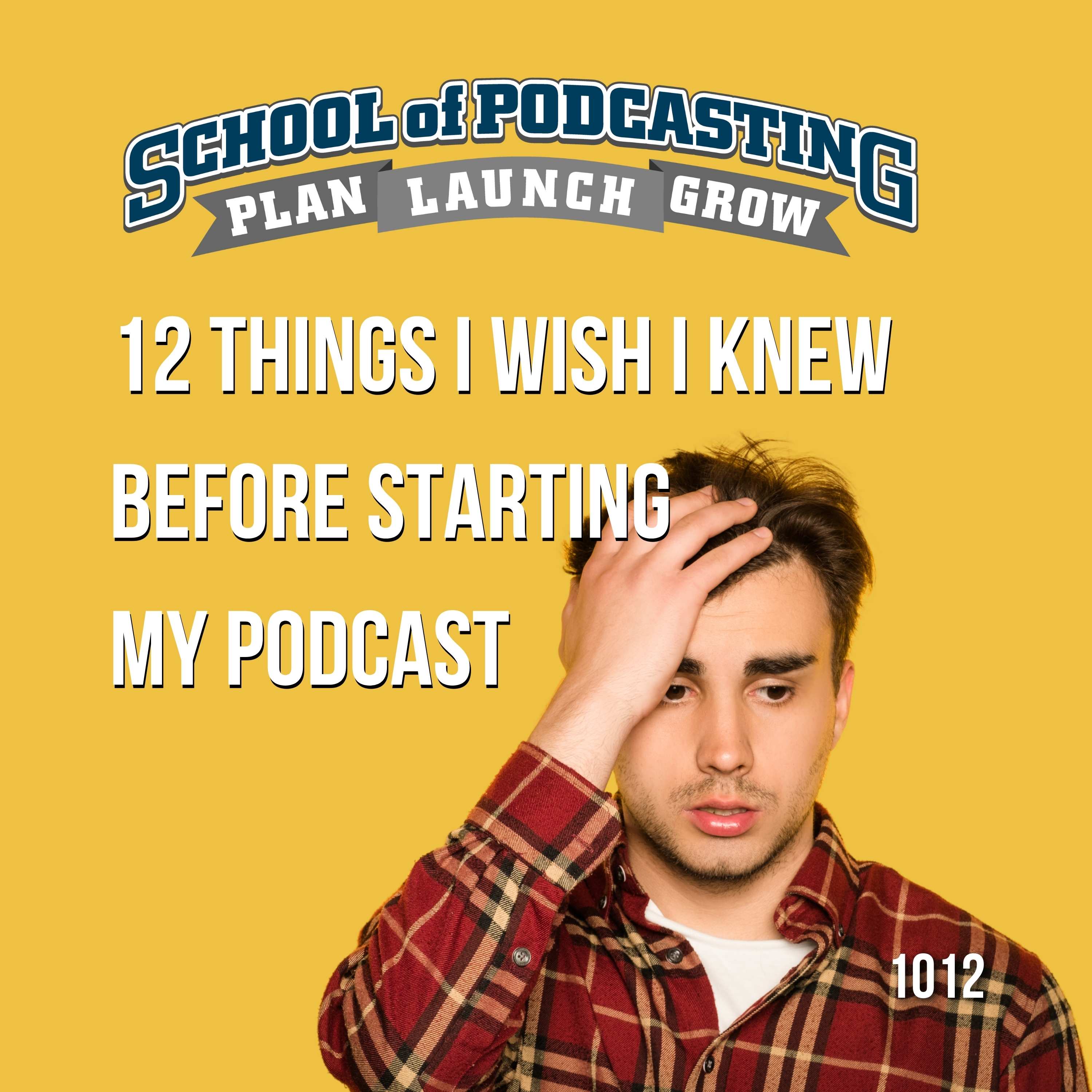The Proven Power of the Dramatic Pause: Two Ways Saying Nothing is Better Than Saying Something

In the microwave society that we live in, most of us are not accustomed to slowing down. As a podcaster, we may associate silence with "Dead Air" which is a phrase from the radio. However, today I'm going to show you that the best answers come after the awkward pause.
The Power of the Dramatic PauseWhen you put a pause before or after a point it adds emphasis to that point.
If you put it before the point, the brain perks up waiting for the next words.
If you put the pause after your point, it gives the brain a chance to process what was just said.
Start Your Podcast and Grow Your AudienceWhen you join the School of Podcasting you no longer have to worry about buying equipment you don't need. You learn how to get comfortable behind a microphone as our community helps you create your best episodes. There are step by step videos, live group coaching, private one on one coaching, and a private mastermind group. You have every tool you need to succeed as a podcast.
Go to www.schoolofpodcasting.com/start
Mentioned In This EpisodeThe Question of the Month (add your submission)
Howard Stern on SiriusXM
Ben Affleck Movie The Tender Bar
David Letterman My Next Guest Needs No Introduction
Steve Jobs introduces iPhone in 2007
Full Show Notes at schoolofpodcasting.com/809
Support the ShowBuy Dave's Book Profit From Your Podcast
Join the School of Podcasting
Become a Patron or Buy Me a Coffee
Thank you for listening. I really appreciate it.
00:00 - Untitled
02:06 - Because of My Podcast
04:56 - Question of the Month Submission
06:06 - Dead Air and Pregnant Pauses
10:54 - The King of Pauses: Paul Harvey
12:53 - Join the School of Podcasting
15:03 - Howard Stern
20:21 - David Letterman
25:41 - Steve Jobs: With and Without Pauses
28:21 - This Takes Practice
30:24 - Episode Drops In Libsyn
32:48 - Share the Show Please

